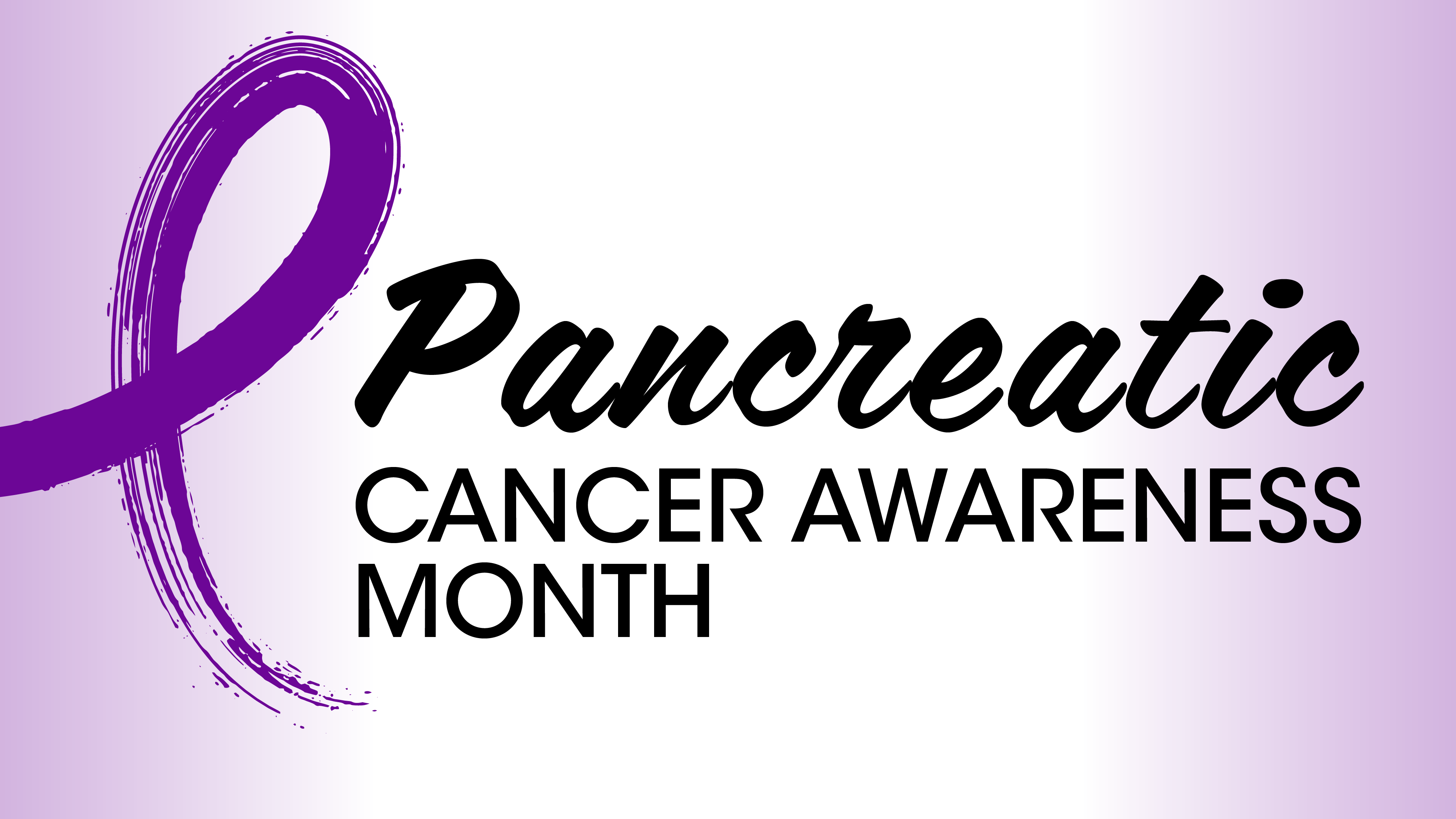
Managing Treatment Expectations for Patients With Pancreatic Cancer

Differences in pancreatic cancer responses to treatment elicits a need to better educate patients on expectations in treatment, particularly chemotherapy.
Depending on diagnosis, chemotherapy may only result in a reduction of tumor size in pancreatic cancers, resulting in a need to inform patients about expectations associated with treatment, according to Kelley A. Rone, DNP, RN, AGNP-c.
CancerNetwork® spoke with Rone, an advanced practice nurse of gastrointestinal oncology at Mayo Clinic in Phoenix, Arizona, about her role in the treatment planning phase for patients with pancreatic cancers.
Rone began by explaining that she typically sees patients who have already undergone treatment, which changes how patient management procedures occur. Distinguishing distinct management practices for resectable and metastatic, she expressed that only 25% of patients identified as borderline resectable make it to resection to be cured of their cancer. She further iterated that she attempts to educate patients about the unpredictable nature of their disease state, explaining their cancer is a “mutating entity.”
She expressed that pancreatic cancer responds differently to chemotherapy than other types of cancer. The reduction in tumor size is not as dramatic, requiring a management of patients’ expectations. Rone stated that a 10% reduction is generally perceived as a favorable result, which she explained is preferable to tumor growth, a sentiment that she attempts to express to her patients.
Rone concluded by explaining that cancer progression on an imaging scan results in a discussion with an oncologist about subsequent steps to treating patients. Once treatment is discussed with the oncologist, the patient is informed by Rone who covers the new treatment regimen and potential treatment-related adverse effects (AEs).
Transcript:
By the time I get to see the patient for the first time, they have seen the oncologist and have most likely started treatment. The management of patients is different based on whether they are diagnosed as metastatic or if they are thought to be resectable. The patients who have this designation of what is called borderline resectable, it is the hardest place to be, because those patients are working towards surgery in order to be potentially cured. Only about 25% of those patients actually make it to resection, which means 75% of them do not. I spent a lot of time trying to educate patients, both the possibly resectable and the metastatic patients, about what happens with cancer in general, that cancer is a mutating entity and that we do not know how their cancer is going to respond.
Pancreatic cancer is typically not overly responsive to chemotherapy, in that when we treat people who have colon cancer, breast cancer, or lung cancer, those cancers tend to shrink dramatically when they start treatment. Pancreatic cancer does not do that. I manage people's expectations. I, at least, try to let them know [not to] be disappointed. If your cancer has only decreased by 10%, we [believe] that is good. We do not think it is great, but it is better than it being larger. [Many] people come in thinking that their cancer is going to shrink away to nothing, and we have to educate people about that.
I try to manage people's expectations. If a patient has imaging and their cancer looks worse, then I will discuss with the oncologist what the next step in their treatment might be, and then educate patients on [new adverse effects associated with] the new treatment.
Newsletter
Stay up to date on recent advances in the multidisciplinary approach to cancer.



































